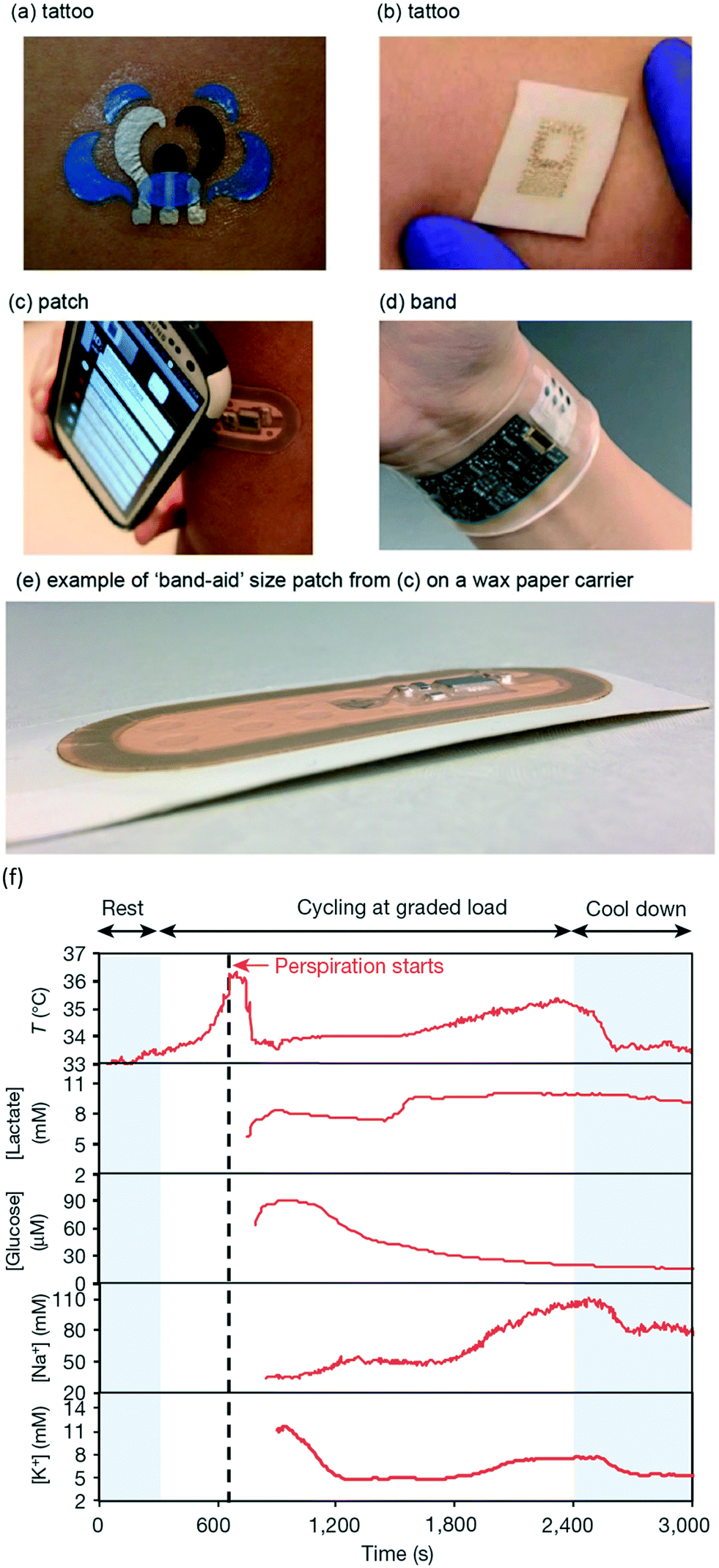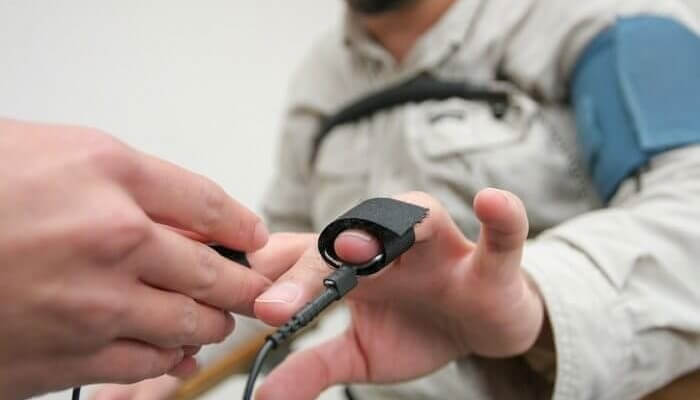
If you want a fitness tracker with some smart watch functionality, the Band is a better bet. If you're looking for a watch first, the Apple Watch is probably going to be a better option. It'll have certain functionality that the Band does not (sending messages on iOS, for example. The Apple Watch looks better, in my mind. I'm not sure what added functionality you're referring to, but what good are features that aren't accurate? I've seen many reports of inaccuracy with the Band even for just heartrate.Īs far as features, it has the GSR functionality that the Apple Watch dropped, it has stand-alone GPS (so you can run without your phone), UV sensors to tell you how long it will take for you to burn, and you can upload workouts to the device and the device will count your repetition (so it'll give you 2 minutes to do pushups, and it will use the sensors to keep track)- all while independent from the phone. If this device only has two sensors, what is the point? It has such limited functionality compared to the Microsoft Band, but will cost a lot more than a Band. Got to admire a company that understands who its customers are. Seems like the Apple thing to do: Don't do it if you can't do it well. Time to contact iHealth Labs and ask whether their Health app integration works with the meter I'm interested in. I am now reconsidering this meter because I can get 50 test strips, no deductible/hassle required, for $12.50.
#Galvanic skin response readout skin
There's always a small risk of infection or other complications when piercing the skin with a foreign object, especially when that foreign object will remain there for days at a time (or, sometimes, weeks).Īaand an edit: I just looked at the cost of the test strips again. I should state, given the title of that article, that CGMs aren't painful right now except for when the sensor goes in at replacement time and then only for a second or less, but it'd be nice to avoid the needle prick entirely, especially when children are the patients.

Unrelated to your comment, but someone may find it interesting. On an unrelated note, I found more information on the progress of noninvasive BG testing, too. Competition essentially doesn't exist, either, because of how insurance companies insist on a particular brand even though there may be a better solution for a given patient, like in my case. The meters are cheap, but the strips are ridiculously priced and nobody seems to be trying to do anything about that. If they made one that used the OneTouch test strips, I'd be all over that.

And the prices on test strips are absolutely exorbitant, so right now I can't use iHealth Labs' meter. because it's the wrong brand! I can only get coverage for supplies made by OneTouch even though that meter is a better solution. Unfortunately, again due to the shortsightedness of health care systems in the US (and likely in other countries, too, although I've no experience with the UK NHS, etc) I can't use that system even though I'd like to. I believe they already are, and there's a fingerstick meter made by iHealth that uses the Health app. I expect Apple to push device makers to at least send the data to the Health app. I expect the Health app will become the app that your blood test meter will talk to. It's not really a trust issue in that case but a headscratching "Huh?" issue.
#Galvanic skin response readout Bluetooth
My blood-test meter (made by OneTouch) has Bluetooth and an accompanying iPhone app that doesn't talk to any other app, but given all the other things that the Health app can track, it baffles me that given how pervasive diabetes is in the US due to bad diets (I got it because of a congenital disorder, but for many people it's diet), something that simple would be left out.

I remain baffled by why the Health app cannot track blood glucose levels.


 0 kommentar(er)
0 kommentar(er)
